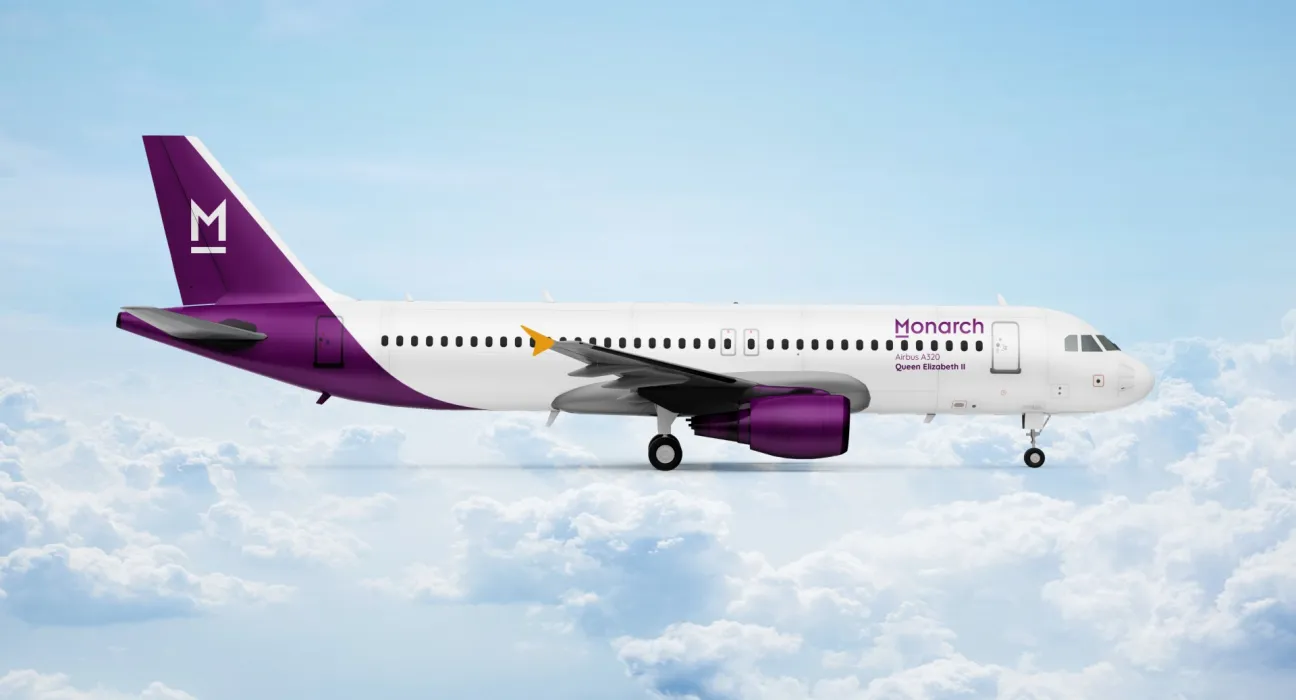
In a surprising twist, Monarch Airlines, a former British low-cost airline that ceased operations a few years ago, has announced the halting of their much-anticipated relaunch.
The announcement was made today through a brief statement posted on the airline’s new website.
“It is with immense regret that we announce today that we have been forced to put the brakes on our process to relaunch Monarch,” said the statement from the airline’s Board of Directors. “This is not a decision that we have taken lightly, however since taking over the business two weeks ago we have drawn close to exhausting the start-up funding provided to us far more rapidly than anticipated.”
The Board also noted that they have been exploring alternative avenues, such as partial divestment of share capital, but said, “at the current stage there is no practical option to move forward in the immediate future.”
Monarch Airlines was a British low-cost airline that first took flight in 1967, focusing primarily on routes between the UK and various European holiday destinations. Known for its affordable pricing and frequent service to popular tourist spots, Monarch became a household name in the UK’s aviation sector. However, due to a number of challenges, including increased competition, rising fuel prices, and regulatory pressures, Monarch Airlines filed for administration and ceased all operations in October 2017.
The news of Monarch’s return had generated a wave of enthusiasm, particularly among the UK’s travel community, who fondly remember the airline’s budget-friendly travel options. After months of speculation, Monarch confirmed its return via a series of social media posts, igniting excitement in the industry. The postponement of the relaunch serves as an unexpected setback to these plans and raises questions about the future viability of the airline.
While the Board did not completely close the door on a future relaunch, stating that they “will continue to seek alternative routes,” the immediate prospects seem bleak. The speed at which the start-up funds were depleted suggests underlying financial challenges that may be difficult to overcome.
